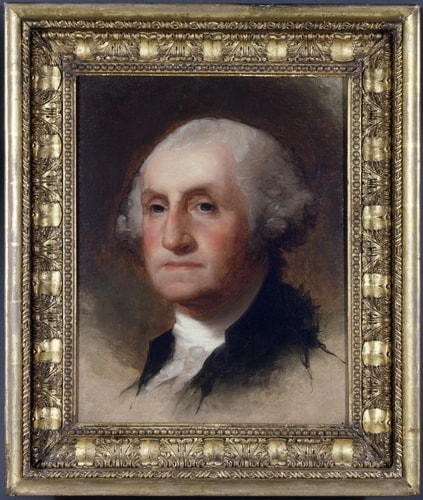Washington was born February 22, 1732
By Diego Flammini, Farms.com
When current US President Barack Obama sits down to write his memoir, he’ll sit and think about what one of his lasting legacies as president will be.
Many of the past presidents have gone through that very same process and come up with their most significant contributions to the country or what they think they’ll be most remembered for.
Abraham Lincoln’s may have thought his was delivering the Gettysburg Address, ending slavery. Theodore Roosevelt might have thought his swearing in at age 42, making him the youngest president ever and George Washington, well he founded the United States of America, becoming the first president.
George Washington was born February 22, 1732. He would’ve been 283 in 2015 and to commemorate his birthday, Farms.com will look at some of his contributions to farming and agriculture.
On March 1, 1785, Washington became an honorary member of the first American organization dedicated to agriculture – the Philadelphia Society for the Promotion of Agriculture and relayed his results from Mount Vernon.
In 1796, Washington recommended creating a national agricultural organization to publicize farming practices and offer rewards for innovative ideas. His work wouldn’t come to fruition until May 15, 1862 when Abraham Lincoln created the United States Department of Agriculture.
Washington, himself, was a farmer.
He grew tobacco as a cash crop but realized it wasn’t sustainable, switched to wheat in 1766 and even practiced monocropping. He had five farms and practiced crop rotation and fertilizer methods on each one.
As a way to improve his efficiency, Washington invented the “drill plow”.
It is described as a wheeled plow with a barrel or other hollow cylinder. It was laid on its side so when the plow went forward the barrel would rotate. The barrel had holes bored into it, which seeds would fall into the holes, down into a hopper that ran down to pipes. The seeds would flow through the pipes and fall onto the soil.
In a letter dated July 20, 1794, Washington wrote:
“I know of no pursuit in which more real and important services can be rendered to any country than by improving its agriculture, its breed of useful animals, and other branches of a husbandman’s cares.”

George Washington
Everett Historical